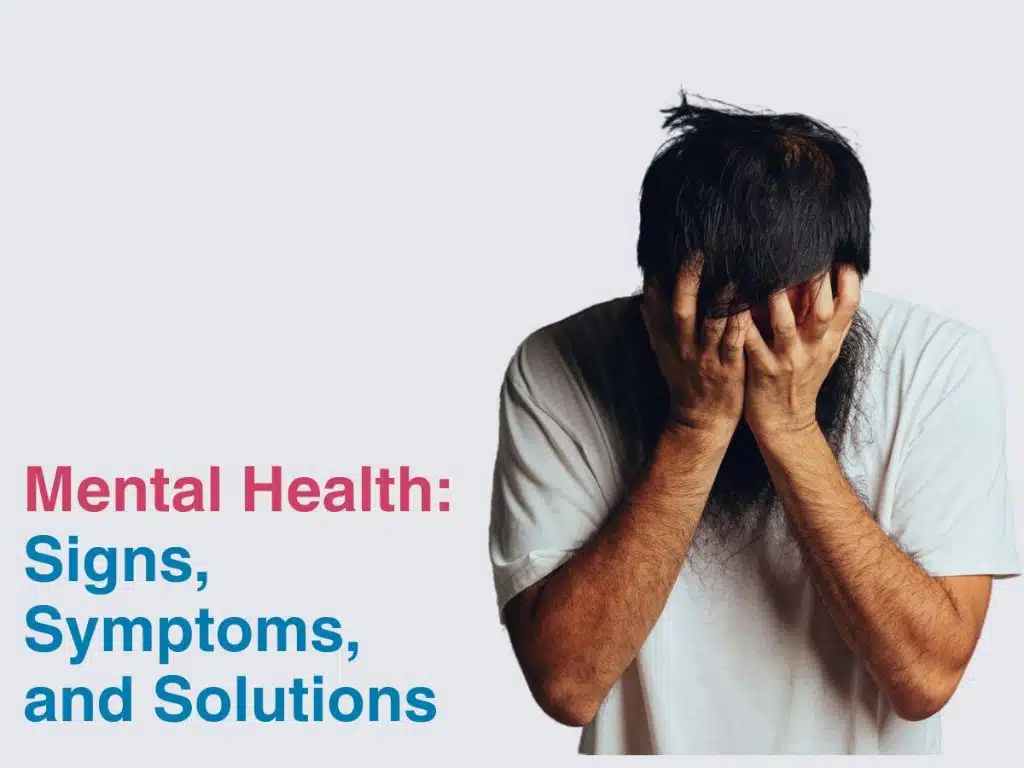
What to Know About Erectile Dysfunction (ED)
Erectile dysfunction (ED) is a common condition that affects millions of men worldwide. It is defined as the inability to achieve or maintain an erection sufficient for satisfactory sexual activity. While ED can be distressing, it is also highly treatable. Understanding its causes, risk factors, and treatment options can help individuals and their partners manage the condition effectively.
Understanding Erectile Dysfunction
Erectile dysfunction is not just about occasional difficulties with erections, which can happen to anyone. Instead, it refers to ongoing issues that interfere with sexual performance and may impact self-esteem, relationships, and overall quality of life.
Common Causes of ED
ED can result from physical, psychological, or a combination of factors. Common causes include:
1. Physical Causes
- Cardiovascular Disease: Poor blood flow due to conditions like atherosclerosis (hardening of the arteries) is a leading cause of ED.
- Diabetes: High blood sugar levels can damage nerves and blood vessels, affecting erectile function.
- Hormonal Imbalances: Low testosterone levels or other hormonal issues can contribute.
- Neurological Disorders: Conditions like Parkinson’s disease, multiple sclerosis, or spinal cord injuries can disrupt signals between the brain and penis.
- Medications: Certain drugs for high blood pressure, depression, or prostate conditions may cause ED as a side effect.
- Lifestyle Factors: Smoking, excessive alcohol consumption, drug use, and obesity can impair blood flow and overall health.
2. Psychological Causes
- Stress: Work, financial, or personal stress can affect sexual performance.
- Anxiety: Performance anxiety or general anxiety disorders may play a role.
- Depression: Emotional health is closely tied to sexual function.
- Relationship Issues: Problems with a partner, such as lack of communication or unresolved conflicts, can lead to ED.
3. Age
While ED becomes more common with age, it is not an inevitable part of aging. Older men may experience ED due to underlying health issues rather than age itself.
Diagnosing ED
If you experience persistent ED, it’s important to consult a healthcare provider. Diagnosis typically involves:
- Medical History: Discussing symptoms, lifestyle, and overall health.
- Physical Exam: Checking for physical signs of underlying conditions.
- Blood Tests: Identifying issues like low testosterone or diabetes.
- Other Tests: Ultrasound or nocturnal penile tumescence tests may be used to evaluate blood flow and erection quality.
Treatment Options
ED is highly treatable, and the best approach depends on the underlying cause. Common treatments include:
1. Lifestyle Changes
Improving overall health can often alleviate ED. Key changes include:
- Regular exercise to enhance blood flow and reduce stress.
- A balanced diet rich in fruits, vegetables, whole grains, and lean protein.
- Quitting smoking and limiting alcohol consumption.
- Maintaining a healthy weight.
2. Oral Medications
Phosphodiesterase type 5 (PDE5) inhibitors are the most common medications for ED. These include:
- Sildenafil (Viagra)
- Tadalafil (Cialis)
- Vardenafil (Levitra)
- Avanafil (Stendra)
These medications enhance blood flow to the penis but require sexual stimulation to work. Side effects may include headaches, flushing, or upset stomach.
3. Therapy
If psychological factors contribute to ED, therapy can be highly effective. Options include:
- Cognitive-behavioral therapy (CBT)
- Couples counseling to address relationship issues
4. Medical Devices
- Vacuum Erection Devices: These create a vacuum around the penis, drawing blood into it to achieve an erection.
- Penile Implants: Surgical options for men who do not respond to other treatments.
5. Hormone Therapy
For men with low testosterone, hormone replacement therapy may be recommended.
6. Other Medical Treatments
- Injection Therapy: Medications injected directly into the penis to induce an erection.
- Suppositories: Small pellets inserted into the urethra to stimulate blood flow.
Preventing ED
While not all cases of ED can be prevented, adopting a healthy lifestyle can reduce risk:
- Manage chronic conditions like diabetes and high blood pressure.
- Stay physically active.
- Avoid smoking and excessive alcohol.
- Prioritize mental health through stress management and emotional well-being.
When to See a Doctor
It’s important to seek medical advice if:
- ED occurs frequently or becomes progressively worse.
- It impacts your confidence or relationships.
- You have other symptoms, such as reduced libido or pain.
Supporting Your Partner
If your partner experiences ED, approach the topic with understanding and compassion. Open communication and mutual support can strengthen your relationship and ease the emotional burden associated with ED.
Conclusion
Erectile dysfunction is a common and treatable condition that can stem from a variety of causes. With the right combination of medical care, lifestyle changes, and emotional support, most men can successfully manage ED and maintain a fulfilling sex life. Remember, seeking help is a sign of strength, and addressing ED can improve not only sexual health but overall well-being.



 DailyMediCure
DailyMediCure 









